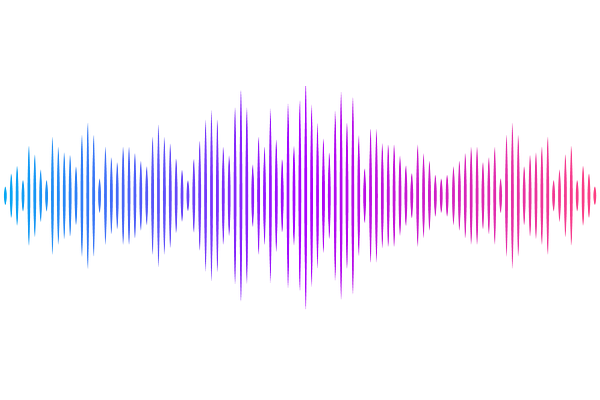BayVarC: an ultra-sensitive ctDNA variant caller using Bayesian approach

BayVarC: an ultra-sensitive ctDNA variant caller using Bayesian approach
Che, D.; Yan, C.; Zha, J.; Niu, Z.; Yang, Q.; Cheng, X.; Han, M.; Du, C.; Zhang, K.; Hu, Y.; Yang, Y.-F.
AbstractIn liquid biopsy, it is critical to detect variants of allele frequencies as low as 0.1% or even lower, especially when used to monitor secondary resistant mutations and minimal residual disease. Despite the efforts on improving experimental design, it remains challenging to distinguish low-frequency variants from technical noises in the downstream bioinformatic analysis. Here, we introduce BayVarC, a novel variant caller specifically designed for variant calling in liquid biopsy. It applies Bayesian inference to accurately quantify noise level in a locus-specific manner, enabling the discrimination between technical noise and low-frequency cancer variants. Detailed in-silico simulation and in-vitro experiments demonstrated BayVarC's superior performance over existing state-of-the-art tools. BayVarC can effectively detect low frequency variants while maintaining low false positive rate (0.05 FP/KB). Meanwhile, it achieves Limit of Detection (LoD) as low as 0.1%. Furthermore, empowered by its architecture, BayVarC shows promising applicability in Minimal Residual Disease (MRD) detection. BayVarC is freely available at https://github.com/GenetronBioinfomatics/BayVarC.